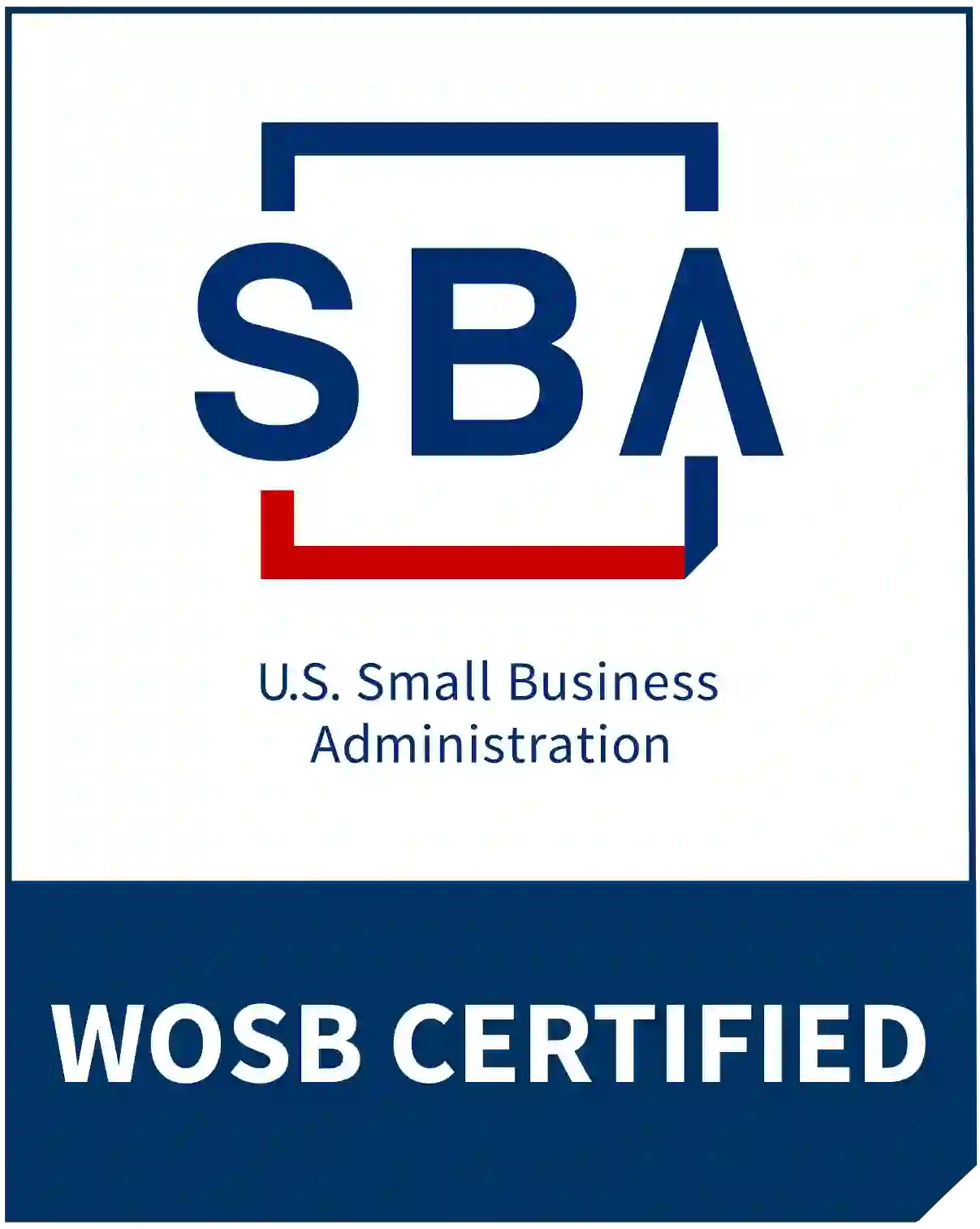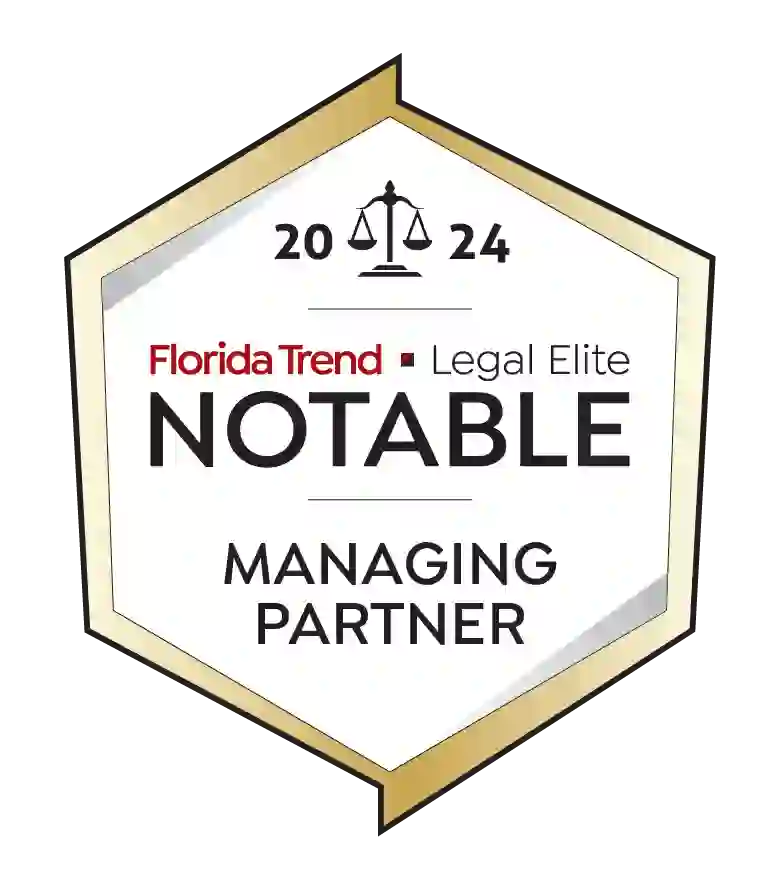It is natural for parents, friends, or family members to worry about the future of a disabled loved one. Florida’s guardianship system provides a framework for taking on the legal responsibilities of ensuring that person is cared for, but only if a judge agrees to appoint you to that position.
If you have questions about being a guardian of a ward with a disability in Florida, it is time to discuss your options with an attorney. A compassionate guardianship lawyer can provide you with legal options and help you navigate the legal system.
Types of Guardianships
There are two distinct types of guardianships that could apply to a ward with disabilities in Florida. These types include guardianships of the person and the property. The courts will generally limit the extent of the guardianship as much as possible, allowing someone with disabilities to retain a degree of independence if it is clear they can manage for themselves.
Guardianship over the person means having the right to make important decisions on an individual’s behalf. This might include deciding on a course of medical treatment or choosing where they live.
Guardianship of property means managing a disabled person’s finances. If they have income or inherited assets, the guardian is tasked with protecting and managing them in a way that supports the ward.
What is Guardianship Advocacy?
There is a second option available for disabled Floridians known as guardianship advocacy. This system is similar to traditional guardianship, with a third party taking on many of the rights of the disabled person. Guardianship advocacy is typically used in cases where a disabled child who has been in the care of their parents reaches the age of 18.
Regardless of the developmental challenges a child might have, the law treats them as an adult when they reach the age of 18. If they require additional support but do not qualify as incapacitated, a judge could grant a friend or loved one guardianship advocacy on their behalf. Our attorneys can answer your questions about the different eligibility requirements compared to traditional guardianship.
Guardianship and Government Benefits
In most cases, an important role of a guardian involves managing government benefits. Once a person is appointed, it is their job to oversee every aspect of qualifying for and receiving benefits. This starts with applying for benefits and helping a ward maintain their eligibility. The role also includes managing any funds and avoiding transactions that might put eligibility in jeopardy.
When a disabled person is placed under guardianship, it does not automatically prevent them from qualifying for government benefits. This is important, as most people living with disabilities survive with the support of programs like Medicaid or Supplemental Security Income (SSI). That said, there are missteps that a guardian could make that might render a disabled Floridian ineligible for these benefits.
For example, a ward could be made ineligible for SSI if their guardian places too much money in a bank account or fails to properly report their income. An attorney can help avoid devastating outcomes for disabled wards.
Talk to a Florida Lawyer About Guardianship of a Ward with Disabilities
If your loved one is living with a disability, it is natural to want to provide for them. A guardian of a ward with a disability in Florida is a big responsibility, and it is crucial that you take the steps necessary to protect them. The failure to do so could have consequences for you and your ward. At The Florida Probate & Family Law Firm, our team of professionals is ready to answer your guardianship questions. Contact us as soon as possible for a free case evaluation.





























